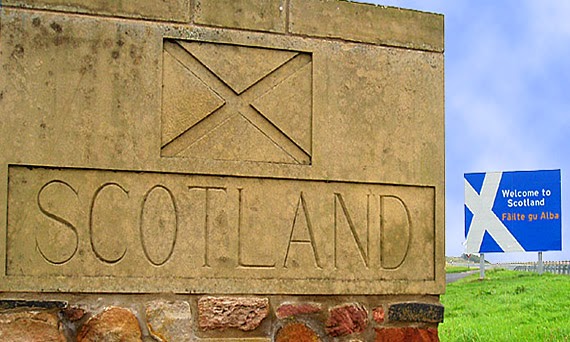The Scottish National Party or SNP won 56 of the total of 59 seats in the UK parliament. The Conservatives, Labour and Liberal Democrats have precisely one seat each. Whoever had formed the government in Westminster – as it happens, it’ll be the Tories – they would come from a party practically unrepresented in Scotland.
This state of affairs is far from unprecedented, even in these islands. To see where it’s likely to lead, it’s worth looking at what has happened before. Let’s start with a foreign case.
In 1971, Pakistan was still formed of two wings. In East Pakistan, today’s Bangladesh, the more populous component of the country, a protest movement had been building for decades, led above all by a nationalist party, the Awami League.
In that year’s elections, the League won all but two of the 169 seats in the Eastern Wing – and not a single seat in the West. On the other hand, the 169 seats it held gave it a majority in the 307-seat parliament of the whole country, entitling it to form the next government – rather as if the SNP were now in a position to form the government of the UK.
 |
| Mujibur Rahman: iconic figure who achieved Bangladesh's Independence and was promptly murdered |
Now let’s return to Britain, but a little further back in the past.
At the 1918 General Election, immediately following the First World War, Ireland, still a part of the United Kingdom, elected 73 Sinn Féin MPs. They were committed to full independence from Britain. They replaced the Irish Parliamentary Party, down from 67 to 5 MPs – shades of the what happened to the Liberal Democrats last Thursday – which had been campaigning for a much more limited programme of Home Rule. The Unionist tendency, favouring maintenance of the existing relationship with Britain, won only 26 seats.
The Sinn Féin MPs refused to take up their seats at Westminster and instead met separately in what came to be known as the Dáil Éireann or Assembly of Ireland. It proclaimed the formation of a Republic of Ireland, which achieved independence four years later, with a great deal of bloodshed and ugly violence in between.
 |
| Michael Collins Iconic figure who helped achieve Irish Independence and was promptly murdered |
Nicola Sturgeon, leader of the SNP, stated before the election that it was not about a new referendum on independence. Since the election, she has made it clear that she intends to stick to her commitment. Consequently, her party’s victory, however extensive it was, did not deliver a mandate for another referendum.
The SNP has, however, also stated that a significant event might trigger a campaign for an independence referendum again. It’s fairly clear that a decision by Britain to withdraw from the European Union would be such an event. And David Cameron, in one of his many attempts to be sly, specifically to draw the sting of the Eurosceptics in his own party and in UKIP, committed himself to there being a referendum on Britain’s continued membership of the EU before the end of 2017. He’s repeated that commitment since his re-election.
So imagine this scenario. Britain votes for withdrawal from the EU, because a substantial majority chooses that option in England. But Scotland votes to stay in. As a result, the SNP campaigns again for independence, this time achieving it. That seems pretty likely anyway, but on this scenario it would happen much earlier than it might otherwise.
Cameron, and Tories generally, like to big up Britain and its role on the world stage. It’s one of the reasons they want to hang on to Trident nuclear weapons (another view opposed by the SNP), in the hope that the international community will take them more seriously as a result.
In this scenario, however, Cameron would have presided over the United Kingdom’s isolation from the rest of Europe – and then the loss of its second biggest constituent nation, with over 8% of its population. On his watch, his nation would have been severely reduced in stature around the world. He might have to wonder whether he’d really been so sly after all, and many of those who voted for him would have to ask themselves whether they had really taken the most judicious of decisions.
A conundrum for him. Particularly as he still has to mollify his Eurosceptics. He must be hoping against hope that he can persuade the electorate to vote against leaving the EU – without actually campaigning openly for that outcome.





